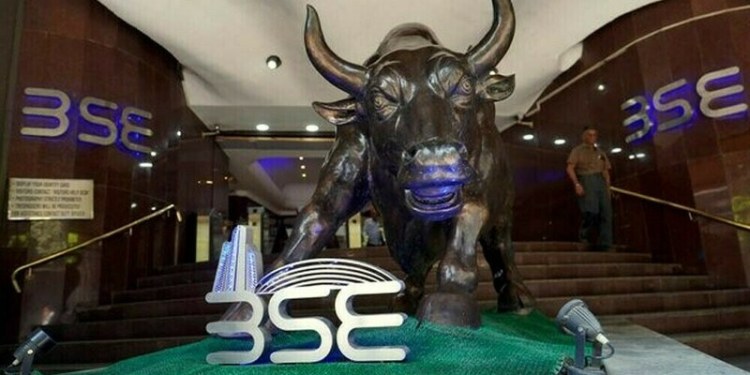© Reuters. Saudi riyal, yuan, Turkish lira, pound, U.S. dollar, euro and Jordanian dinar banknotes are seen in this illustration taken January 6, 2020. REUTERS/Dado Ruvic/Illustration
(Reuters) – Global equity funds recorded massive outflows in the seven days ending Sept. 20 on concerns that the Federal Reserve might maintain its tighter monetary policy for longer to curb inflation.
According to LSEG data, investors withdrew a net $4.52 billion out of global equity funds, the most in a week since August 23.
The U.S. Federal Reserve held interest rates steady on Wednesday but flagged the potential for an additional rate hike this year and fewer reductions next year.
Regionally, U.S. and European equity funds faced outflows of $6.64 billion and $130 million, respectively, while Asian funds attracted $1.93 billion, marking the 16th consecutive week of inflows.
By sector, financials and healthcare suffered $1.7 billion and $395 million worth of outflow, respectively, but the energy sector drew $334 million, the biggest weekly inflow since Sept. 2022.
Meanwhile, global bond funds saw purchases to the turn of $1.95 billion after about $330 million worth of outflows in the prior week.
Investors accumulated corporate bond funds of $1.46 billion in their biggest weekly net purchase since July 26. Government, and loan participation funds also had $652 million and $426 million worth of purchases, respectively.
On the other hand, investors sold $915 million of high yield funds, extending outflows into a second successive week.
The appetite for global money market funds waned, garnering just $598 million compared to the $14.2 billion acquired the preceding week.
In the commodities sector, precious metal funds extended their outflow streak to 17 weeks, shedding $325 million. Energy funds also saw exits totaling $87 million.
Emerging market data, encompassing 28,228 funds, revealed that bond funds faced $1.11 billion in outflows, the largest in a month, while equity funds registered their sixth straight week of net sales, amounting to $968 million.
Source: Investing.com



























